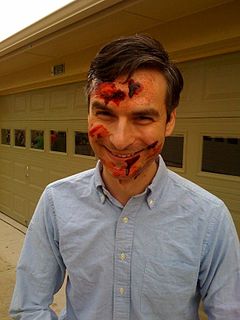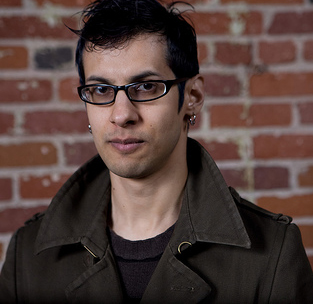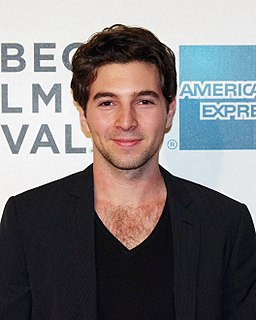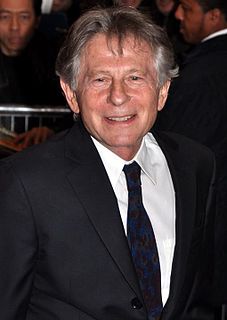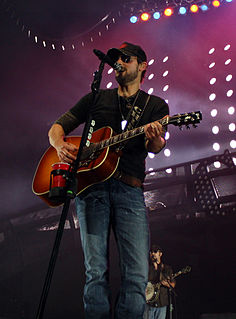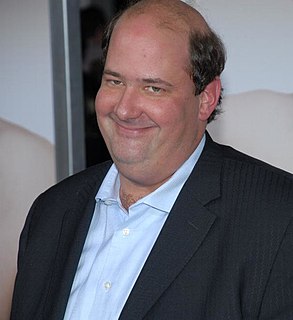A Quote by Bob Newhart
I can't do a one-camera show. I don't know how to do that kind of show where you count in your head and then you do the next line.
Related Quotes
There were a lot of lessons of production to be learned. On the page, the biggest thing you learn on any TV show is how to write to your cast. You write the show at the beginning with certain voices in your head and you have a way that you think the characters will be, and then you have an actor go out there, and you start watching dailies and episodes. Then, you start realizing what they can do and what they can't do, what they're good at and what they're not so good at, how they say things and what fits in their mouth, and you start tailoring the voice of the show to your cast.
I don't like people who are hypocritical, who pretend to be nice, particularly in show business when they're nice on camera, and then off camera they're absolutely appalling to the makeup people, or the waitress in a restaurant, you know? I don't like - I can't bear those kind of people. So I like people who are, you know, up front in your face.
I'm always confused when people say how much they miss 'Invader Zim' because the show never stopped running in my head, and then I remember everyone else isn't in my head. I try to imagine the world for all those people who don’t know what Zim's been up to since the show went off the air and it makes me shudder. How can people live that way? Hopefully this comic helps make the world a better place.
I learned that a television show is not a collaboration. You give your 180 percent, but you do not question the show-runners. I remember doing a reading, and my part was kind of small that week, and I commented on it, and the next week, they cut me out of the show. So I learned that you never ask questions. In TV, you always assume you're going to be fired.
You can't show up on set and expect it all to come together. You have to have a plan, much like how the director can't just show up and go, well, where should I put the camera? That is gonna determine how it is lit, you should have already been in the room looking at it earlier, pre-lit the room, you know there is a lot of prep that goes into it, so it is the same thing with acting. You can't just show up.
I'd still stand in line all day to get into an AC/DC show, because that was the one show when I was younger that kind of changed my life. Because it was a little wrong. I think I was 14 or 15, first concert without the parents, you know, and they were all worried because we were going to an AC/DC show, and it was an amphitheater.
So in terms of a large part of the job on our show specifically, what makes the show complex and interesting and funnier are the conversations about "Where's the camera?" and "How aware are the characters of the camera? Are the cameras hidden for this shot? Is it a spy shot from far away? Or is it really close and in their face, and they sort of have to play to it in an embarrassing situation?" There's a whole other level of questions and choices that come into play on our show that are not even a factor in anything else.




